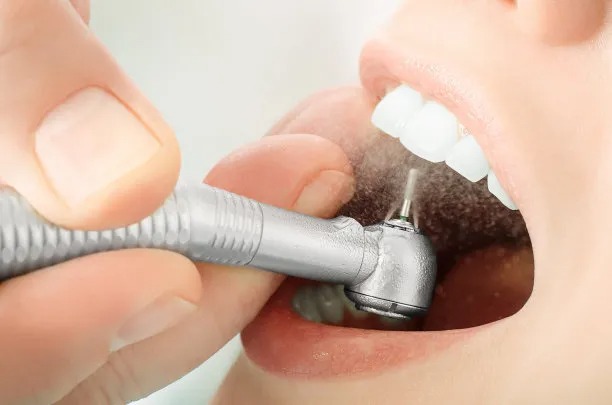Revolutionizing Smiles with Dental Implants A Comprehensive Guide to Modern Tooth Replacement Solutions and Their Benefits
Summary: Dental implants have transformed the landscape of tooth replacement, offering individuals a reliable and aesthetically pleasing solution for lost teeth. This comprehensive guide delves into the multifaceted benefits of dental implants, shedding light on their effectiveness, advantages over other solutions, the procedure involved, and maintenance care. By exploring these aspects, readers will gain a thorough understanding of how dental implants can revolutionize their smiles and enhance their quality of life.
1. Understanding Dental Implants Technology

Dental implants are artificial tooth roots crafted from biocompatible materials like titanium. Their primary function is to provide a sturdy foundation for fixed or removable replacement teeth that match natural teeth. The core of the dental implant is surgically placed into the jawbone, where it gradually integrates through a process called osseointegration. This seamless connection between the implant and bone provides unmatched support for dental restorations.
Additionally, technological advancements in dental implantology have led to enhanced precision in the placement of implants. Utilizing 3D imaging and guided surgery, dental professionals can optimize positioning, significantly reducing surgery time and improving outcomes. These innovations underscore the efficacy of implants as a long-term solution for individuals with tooth loss.
Furthermore, dental implants are versatile and cater to various dental needs. Whether replacing a single tooth, multiple teeth, or securing a full set of dentures, implants offer customizable solutions that adhere closely to each patient’s unique dental architecture.
2. The Advantages Over Traditional Solutions
When compared to traditional tooth replacement methods, such as bridges and dentures, dental implants present numerous advantages. Firstly, they preserve jawbone integrity. When a tooth is lost, the underlying bone can diminish over time due to lack of stimulation. Dental implants stimulate the bone similarly to natural tooth roots, preventing bone loss and maintaining facial structure.
Secondly, dental implants enhance overall functionality. Unlike removable dentures that can slip or cause discomfort, implants remain securely fixed in place, enabling individuals to eat, speak, and smile with confidence. Patients with implants report improved satisfaction when compared to those using traditional options, contributing to a better overall quality of life.
Moreover, dental implants are known for their durability and longevity. With proper care and maintenance, they can last a lifetime, making them a cost-effective solution in the long run. This contrasts with bridges and dentures, which typically require replacements or adjustments over time, further highlighting the benefits of implants.
3. The Dental Implant Procedure Explained
The dental implant procedure generally unfolds in several stages, beginning with a comprehensive consultation. Dentists assess the patients oral health, take necessary imaging, and discuss the best options based on individual circumstances. This personalized approach ensures a tailored treatment plan that meets each patients needs.
The first stage involves the surgical placement of the implant. Local anesthesia is administered to minimize discomfort during the procedure. Once seated in the jawbone, the implant undergoes osseointegration, which can take several months. This phase is critical as it promotes the durability of the implant by forming a strong bond with the bone.
After osseointegration, the next step is attaching an abutment, a connector that supports the crown or prosthetic tooth. Depending on the implant placement, the final restoration can be a single crown, bridge, or a full arch denture. Throughout the process, effective communication between the patient and dentist is vital to ensure satisfaction and address any concerns.
4. Caring for Your Dental Implants
Maintaining dental implants is essential for their longevity and your oral health. Caring for them is relatively straightforward; regular brushing, flossing, and visits to the dentist are crucial. Daily oral hygiene routines should mirror those of natural teeth to prevent complications.
Additionally, patients should avoid harmful habits such as smoking or excessive consumption of hard foods, which could jeopardize the implants stability. Regular dental check-ups allow professionals to monitor the condition of implants and surrounding gum tissue, ensuring any issues are addressed timely.
Ultimately, investing in dental implants not only revitalizes your smile but also encourages a commitment to oral health. By understanding the importance of care and maintenance, patients can enjoy the benefits of their implants for many years to come.
Summary:
In conclusion, dental implants represent a significant breakthrough in tooth replacement solutions, benefiting individuals through advanced technology, aesthetic appeal, functionality, and longevity. With a comprehensive understanding of the procedure, advantages, and proper care required for implants, patients are well-equipped to make informed decisions about their oral health. Ultimately, this modern solution effectively revolutionizes smiles and enhances the quality of life.
This article is compiled by Vickong Dental and the content is for reference only.



